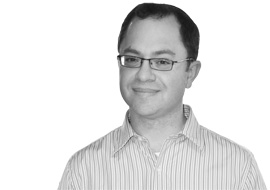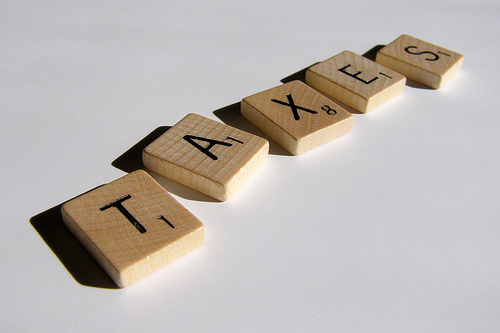In his opening statement on last night’s conference call discussing Q3 earnings, the always candid Steve Wynn dropped this explanation for why Wynn Resorts (WYNN) is raising its dividend in Q1 2013:
we’ve also decided, at the recommendation of some of the members of our board, that a lot of attention these days is being placed on yield. Debt is paying so little. Treasuries are, of course, yielding virtually nothing, at least for the moment. And so the bond market is not a really great place for investors these days, considering the dividend levels — the interest levels, rather.
So instead, there’s a lot of attention being paid to stocks that have good, strong, consistent predictable yield. And we feel that we can be predictable and have a nice yield at $4 a share a year or $1 a quarter. So we’re changing our dividend policy beginning in 2013 in the first quarter to $1 a quarter or $4 a year.
And if business continues to ramp up and improve, as economic conditions allow and as we add elements to our portfolio, then we’ll increase the regular dividend. And that’s a strategy I’d like to follow, and I think it’s probably a good idea. It’ll also allow us to be eligible for inclusion on some of the lists that funds invest in that are dividend-type funds. So for those reasons we made that decision, and it’s now public.
Usually companies raise their dividends because growing cash flow allows them to return more profits to shareholders, and that’s the explanation given by management. Sure, part of management’s decision behind closed doors could be that the share price might rise through luring new investors chasing dividend yield. But it’s very unusual for a CEO to actually come out and say that juicing the company’s stock price – through attracting individual and institutional investors – was not only a consideration in their dividend decision, but, it seems, the main one.
Wynn Resorts also announced a special dividend of $8 per share “to be given to shareholders right away.” This was likely in response to a big federal dividend tax hike that may take effect on January 1.
Later on the call, in the Q&A session, Wynn states the more conventional, balance sheet based reason for hiking the dividend, but does so with a jab at the Obama administration and the lack of clarity on tax policy on corporate dividends:
We believe that companies should make money for their shareholders, period. That’s the reason we exist. And to create safe, steady, secure jobs for the people that make the enterprise breathe, our staff. As long as we keep our staff healthy and safe, we’d like to give the shareholders of this company the maximum benefit possible from the company’s operations. And I say that because so many of us on the board are shareholders, including key members of management, have most of their net worth invested in the company’s stock. So we think like shareholders. The — it’s clear that dividends are a good form of savings. And so therefore, distributions of companies under the current tax policy are intelligent. If — and so the dividend policy of companies are very often affected by the tax policies of the government. When the taxes on the dividends are too high, then companies don’t distribute, the shareholders don’t get the dividends and Uncle Sam doesn’t get the tax on the dividends. Instead, the companies keep the money in and use it for other things. Sometimes, that’s a good policy and sometimes, it isn’t.
Now we’ve been able to keep a balanced program of growth and investment in our industry and our properties, as well as giving — having distributions because we’ve been very fortunate to have healthy businesses. Going forward, I think that the basic attitude that we’ve had is still valid: protect and allow for growth, for the safety of our employees in terms of their job security; make sure that as we expand and undertake new projects that we have proper capital structure; and then any excess capital should be distributed, provided that, that distribution doesn’t cause our shareholders to have a confiscatory tax consequence. So when the government put in the 15% tax rate for dividends, it caused a lot of companies to distribute money and a lot of dividend taxes to be paid. I’m not sure the same thing will happen if the tax policy changes dramatically. And what we’ll do at this company is measure our earnings, our capital responsibilities and our feeling about what you and I would call excess capital, excess cash flow, and make a balanced decision. Right now, as you can understand, we’re anxiously awaiting the activities of the lame duck tax discussion to take place in Washington which, of course, would be affected by the election. Other than that, I really don’t have anything else to offer. It’s a bit of an uncertain time as it has been for many months, very difficult to do long-range planning with a government that moves as much as this does on so many issues.
See also from the call: Steve Wynn’s epic rant on discounts and customer experience




